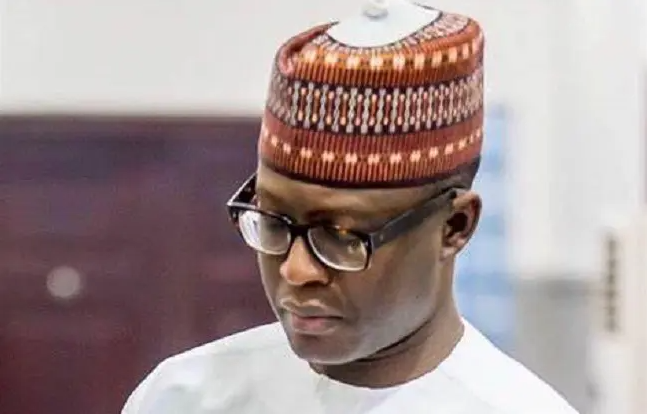ENVIRONMENT

LAWMA REAFFIRMS ECONOMIC POTENTIAL OF WASTE MANAGEMENT
The Managing Director of the Lagos Waste Management Authority (LAWMA), Dr. Muyiwa Gbadegesin, has called on Lagos residents to see waste not as refuse but as a valuable economic asset.
In a statement signed by Mrs. Folashade Kadiri, Director of Public Affairs at LAWMA, on Wednesday, May 14, 2025, in Lagos, the Managing Director of the Lagos Waste Management Authority (LAWMA), Dr. Muyiwa Gbadegesin, underscored the economic potential of waste and the need for a shift in public perception.
Gbadegesin stressed the importance of adopting recycling and circular economy principles as crucial to achieving sustainable waste management in Lagos.
“Waste is an inevitable outcome of human activity, but what we commonly refer to as waste is actually a valuable resource. We need to transition to a circular economy where we prioritise reduction, reuse, and recycling,” he said.
He reaffirmed LAWMA’s commitment to promoting waste sorting at the point of generation, encouraging households to use separate bins for general waste and recyclables such as paper, PET bottles, cans, and textiles. These sorted materials, he noted, could be exchanged for cash or other incentives through partnerships with recycling firms.
Gbadegesin also highlighted the importance of private sector involvement in enhancing sustainable waste management, noting their active role in waste collection and urging them to expand into the recycling sector.
He revealed that, as part of preparations for the decommissioning of the Olusosun and Solous landfills, LAWMA plans to establish Transfer Loading Stations (TLS) and Material Recovery Facilities (MRFs) at those sites to optimise waste value recovery.
Additionally, he disclosed LAWMA’s collaboration with waste-tech startup GreenDeall to develop a recycling facility in Abule-Egba, which will convert specific plastic waste types into industrial-grade oil.
Gbadegesin announced that LAWMA would soon launch a “deal book” to highlight investment opportunities in the waste management sector, alongside a digital base map on its website that would help users identify areas of interest.
He reaffirmed LAWMA’s commitment to youth engagement through its Academy, which educates students on waste management and offers internships to undergraduates.
“We aim to develop LAWMA ambassadors through our Academy. Already, we’ve distributed 2,000 recycling bins to schools and partnered with recycling firms to collect waste from those schools,” he noted.
He also shared plans to establish two modern pilot recycling hubs in Yaba schools, which will serve as educational centres where students manage sorting of various waste types such as metal, organics, and paper.
Gbadegesin concluded by highlighting the role of human behaviour in effective waste management:
“Infrastructure alone won’t solve the problem. The real challenge lies in changing public attitudes. That’s why we are investing in educating the next generation.”
"This represents a significant development in our ongoing coverage of current events."— Editorial Board









